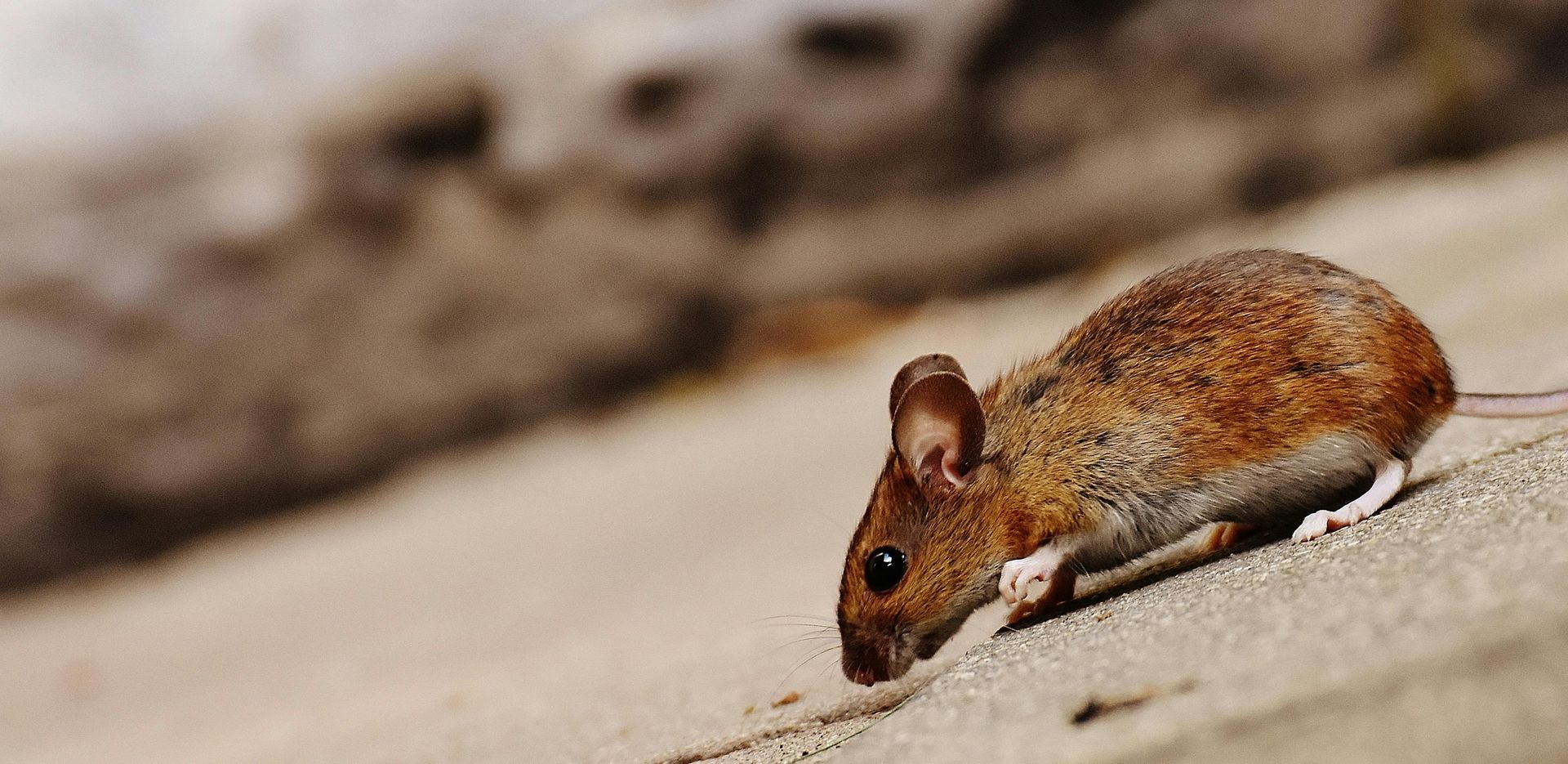Eco-Friendly Pest Control Strategies for Nevada Homes
For homeowners in Nevada, managing pests while maintaining an eco-friendly environment is essential. Implementing eco-friendly pest control strategies can effectively address pest issues without harming the environment or compromising human health. By adopting these methods, homeowners can keep their homes free from pests while contributing to sustainability efforts. Understanding and utilizing eco-friendly pest control techniques can lead to a healthier and more environmentally friendly living space for residents of Nevada.
Understanding Nevada's Desert Ecosystem and Insect Population
Nevada's desert landscape, known for its rugged beauty and extreme conditions, plays host to a unique ecosystem. The desert climate, characterized by hot days, cold nights, and minimal rainfall, significantly impacts the local fauna. This climate has led to the evolution of a range of insects uniquely adapted to these harsh conditions.
Among
the common insects of Nevada, species such as scorpions, ants, and various types of beetles are prevalent. Scorpions, for instance, are nocturnal predators that play a significant role in controlling the population of other insects. Ants, with their complex social structures, contribute to the desert's ecosystem by dispersing seeds and aerating the soil. Beetles, including the darkling beetle, are vital decomposers, breaking down plant and animal matter. These insects, along with others like spiders and praying mantises, form a complex web of life that is crucial for the ecological balance of Nevada's deserts.
The Ecological Role of Insects in Desert Environments
They serve as pollinators, predators, prey, and decomposers. As pollinators, insects like bees and butterflies are responsible for the reproduction of many desert plants, some of which are uniquely adapted to pollination by specific insects. As predators and prey, they regulate each other's populations and contribute to the food web, providing sustenance for birds, reptiles, and small mammals. Decomposers play a critical role in nutrient cycling, breaking down dead organic matter and returning valuable nutrients to the soil, thus supporting plant growth and maintaining soil health.
This intricate ecosystem is a testament to the adaptability of life in the desert. It also highlights the importance of balanced pest management practices that respect these ecological roles. Effective pest control in Nevada's desert homes should not only protect human inhabitants but also preserve the natural balance of this ecosystem. By understanding the types and characteristics of common insects and their roles in the desert environment, residents can make informed decisions regarding eco-friendly pest prevention strategies that safeguard both their homes and the natural beauty of Nevada's deserts.
Eco-Friendly Pest Prevention Strategies for Desert Homes
The balance between protecting homes from pests and maintaining the desert's ecological harmony is delicate but crucial. Nevada’s unique climate demands pest prevention strategies that are not only effective but also environmentally friendly.
Landscape Management: Using Native Plants to Deter Pests
One of the most natural ways to deter pests is through thoughtful landscaping. Native plants are more resistant to local pests and require less water, making them ideal for Nevada’s desert conditions. Incorporating plants like Lavender, Sage, and Marigold, which have natural repellent qualities, can create a barrier against pests while contributing to the local ecosystem.
Seal and Screen: Essential Home Maintenance to Prevent Insect Entry
Preventing pests from entering in the first place is key. Regular maintenance to seal cracks and gaps in walls, foundations, and around windows can significantly reduce insect entry. Ensuring window screens are intact and fitted properly can also deter flying and crawling pests from making your home theirs.
Natural Repellents and Deterrents: Safe for Families and the Environment
Instead of chemical pesticides, natural repellents like diatomaceous earth, a type of powdered rock that is harmless to humans but lethal to insects, can be used in and around the home. Similarly, essential oils such as eucalyptus, peppermint, and citronella can act as effective deterrents against a variety of pests and are safe for use around children and pets.
Identifying Early Signs of Insect Infestation
Being vigilant about the signs of an infestation is critical. Early indicators include seeing the pests themselves, finding droppings or physical damage to wood and fabrics, and noticing unusual plant damage in gardens. Recognizing these signs early can prevent a small problem from becoming an infestation.
There is a time when DIY solutions might not be enough, and professional intervention becomes necessary. When over-the-counter remedies fail or infestations persist, seeking eco-friendly pest control services that use sustainable methods is advised.
Spotlight on Specific Desert Pests and Management Tactics
Scorpions
Understanding that scorpions prefer cool, dark places can help in deterring them. Keeping yards clear of debris and ensuring that personal and pet bedding is elevated and away from walls can reduce the likelihood of scorpion invasion.
Ants
Effective ants management requires understanding their colony behavior. Eliminating food sources, sealing entry points, and using natural ant repellents like vinegar or citrus peels can deter ant colonies from establishing.
Spiders
Common Nevada spiders can be managed by reducing clutter, controlling other insect populations (which serve as food sources), and using natural deterrents like chestnut and lemon oil.
Adopting these eco-friendly pest prevention and management strategies can protect Nevada homes while preserving the unique desert ecosystem.
The Role of Eco-Friendly Pest Control Companies
Choosing the right pest control solution is crucial for homeowners in Nevada, where the desert ecosystem is both fragile and unique. Eco-friendly pest control companies play a vital role in this process, offering services that protect homes without compromising the health of the desert and its inhabitants. Companies like Natura Pest Control understand the importance of sustainable pest management in Nevada environments.
They utilize methods that minimize environmental impact, such as using biodegradable products, targeting treatments to reduce non-target species exposure, and employing integrated pest management (IPM) practices. IPM focuses on long-term prevention and control through a combination of biological control, habitat manipulation, and modification of cultural practices. By choosing eco-friendly pest control, homeowners contribute to preserving the delicate balance of the desert ecosystem while ensuring their living spaces remain pest-free.
Legal and Ethical Considerations in Pest Control
In Nevada, pest control is regulated to ensure that both the environment and homeowners are protected. State regulations require pest control agencies to be licensed and follow guidelines that prevent unnecessary harm to non-target wildlife and the broader environment. These regulations are in place not only to safeguard human health and property but to maintain biodiversity by preventing the indiscriminate use of toxic chemicals. Ethical practices in pest management involve respecting the natural habitats of wildlife and making concerted efforts to coexist with the natural desert environment. Instead of solely focusing on eradication, ethical pest management emphasizes control and prevention.
For instance, relocating beehives instead of exterminating them protects pollinator populations that are crucial for desert flora. Similarly, using physical barriers or natural repellents for snakes or rodents prevents unnecessary harm to these creatures while keeping them away from human habitats. The integration of legal requirements and ethical considerations ensures that pest control practices in Nevada are sustainable, humane, and effective. Homeowners are encouraged to inquire about a company's pest control methods, ensuring they align with eco-friendly and ethical practices before hiring them. This conscientious approach supports a harmonious balance between human needs and the preservation of the desert's natural ecosystem.
Managing pests in Nevada's desert homes requires a thoughtful and informed approach. Eco-friendly pest control methods, coupled with a deep understanding of the desert's ecosystem, allow for effective pest prevention and management that protects both our homes and the environment.
By adopting sustainable practices and supporting regulations and ethical considerations, we contribute to the conservation of an ecosystem that is both delicate and remarkably resilient. As residents of this unique landscape, it is our responsibility to act as stewards, ensuring that our actions today do not compromise the desert's natural beauty and ecological balance for future generations.
Are you ready to safeguard your home against Nevada's desert pests while preserving the delicate balance of its unique ecosystem? Natura Pest Control is here to help with eco-friendly solutions tailored to your needs.




